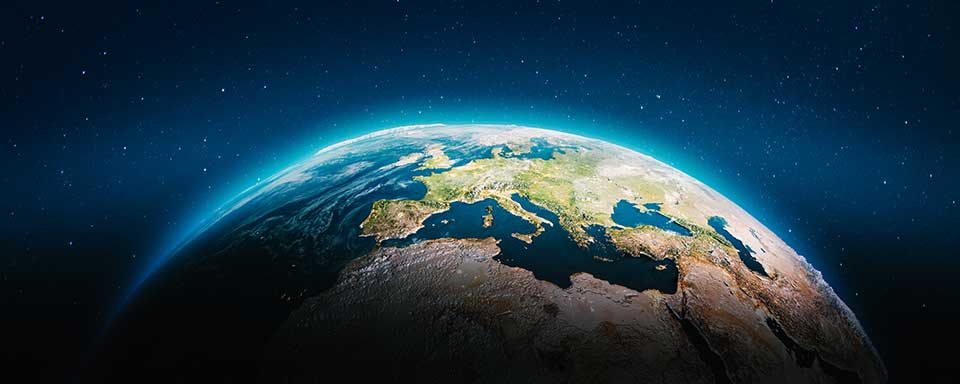“Geography is the subject which holds the key to our future”.
~Michael Palin
Geography combines the study of physical and human worlds and provides a unique context to study how our world is changing and how we can adapt to and mitigate changes. Geography considers both human and non-human processes and how they affect each other, for example how and why floods occur and how they impact landforms, human settlements and industries.
It combines scientific and social literacy; it provides a bridging space in the curriculum to bring together the creativity of the arts, the insights of social science and humanities as well as the important principles of natural science methods and practices
Topics Covered
Core Unit 1: Physical Geography… a study of exogenic and endogenic forces and the resultant landforms
Core Unit 2: Regional Geography… study of the concept of regions, detailed focus on regions in Ireland, Europe and a Sub-Continental Region (India), The EU and changes of regions overtime.
Elective: Economic Activities …. Measuring Economic development, changes in Economic development, The Global Economy, The EU, The Environment.
Skills: OS Skills, Aerial Photo Interpretation, GIS, Satellite Interpretation
Fieldwork: The students participate in a Field study throughout their study of Geography. In Leaving a field study is completed and written up in advance of the exam and is worth 20% of total mark.
Skills Developed
Geography provides important applied and transferable skills, with many employers prizing the knowledge and skills that geography students acquire throughout their education. UK studies have found low levels of unemployment amongst geography graduates leading universities and politicians, political science and many other disciplines.
The subject of Geography will help students develop an understanding of the changing relationships between the physical and human worlds. Through their study of geography, students will develop geographical skills that will help them to make informed judgements about issues at local, national and international levels.
Possible career pathways
Geographers work in a wide range of professions including:
- Engineering
- Science
- Environmental Science
- Public Sector
- Agriculture
- Travel
- Planning Consulting
- Conservation
- Government Agencies,
- NGOs
- Business
- Education
- Energy
- Utilities
- Meteorology
- Journalism,
- Foreign Service
- Auctioneering
- Marketing,
- IT
- Research
and many more.

